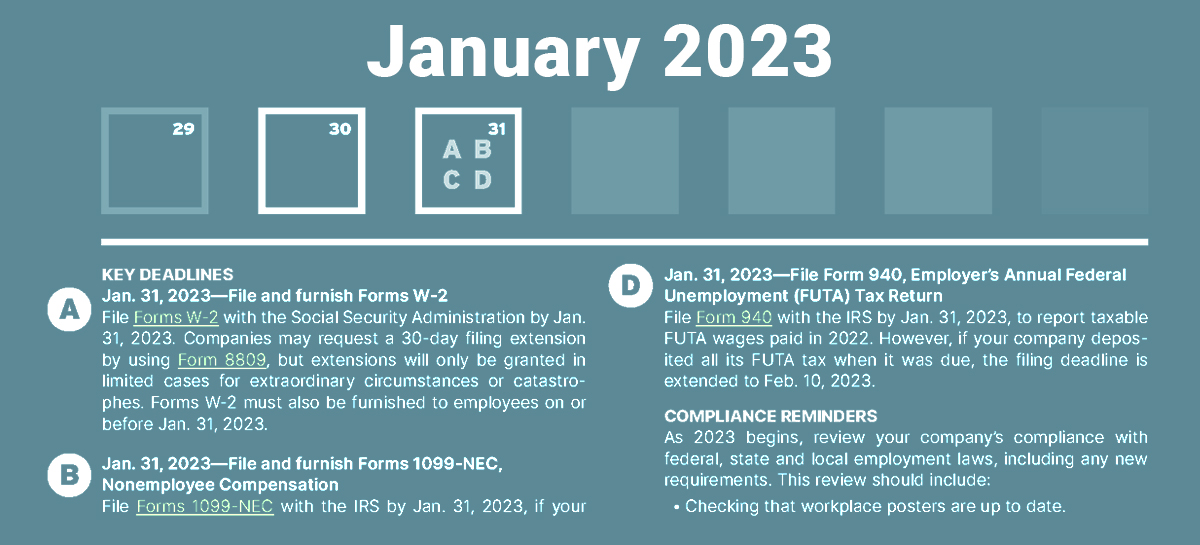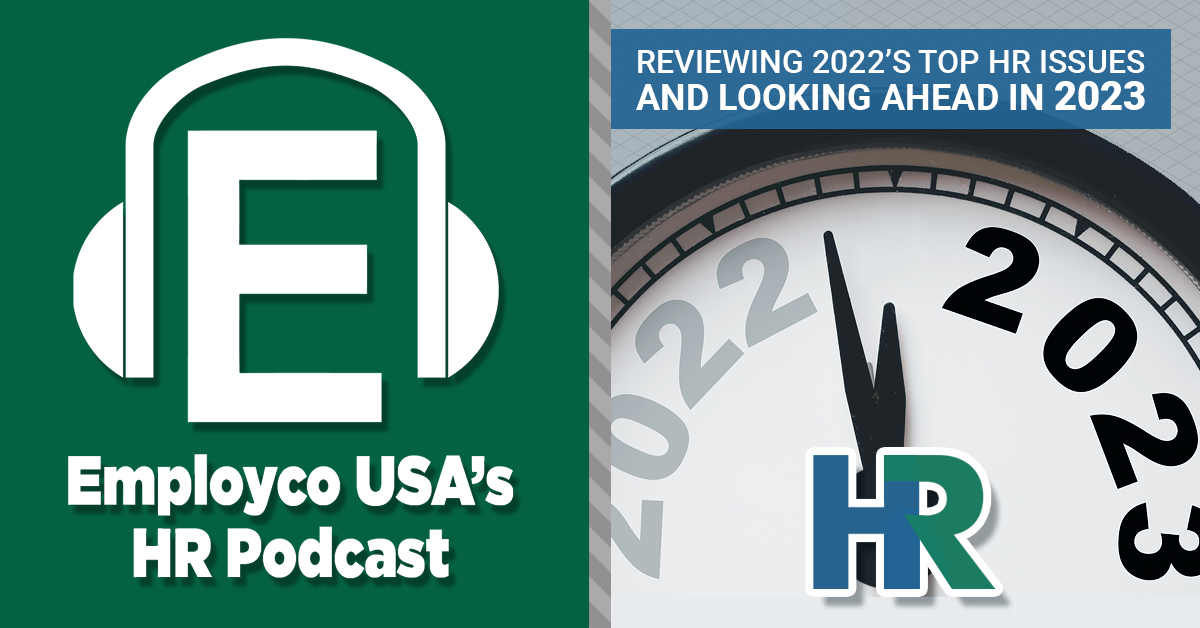
On Dec. 12, 2022, the IRS released a final rule that extends the annual furnishing deadlines for Sections 6055 and 6056 reporting under the Affordable Care Act (ACA). This rule finalizes guidance that was proposed by the IRS in December 2021 with minor clarifications. Specifically, the rule:
- Finalizes the 30-day automatic extension to the due date for furnishing statements to individuals under Sections 6055 and 6056.
- Confirms the availability of an alternate method for furnishing statements to individuals under Section 6055 for every year in which the individual mandate penalty is zero.




